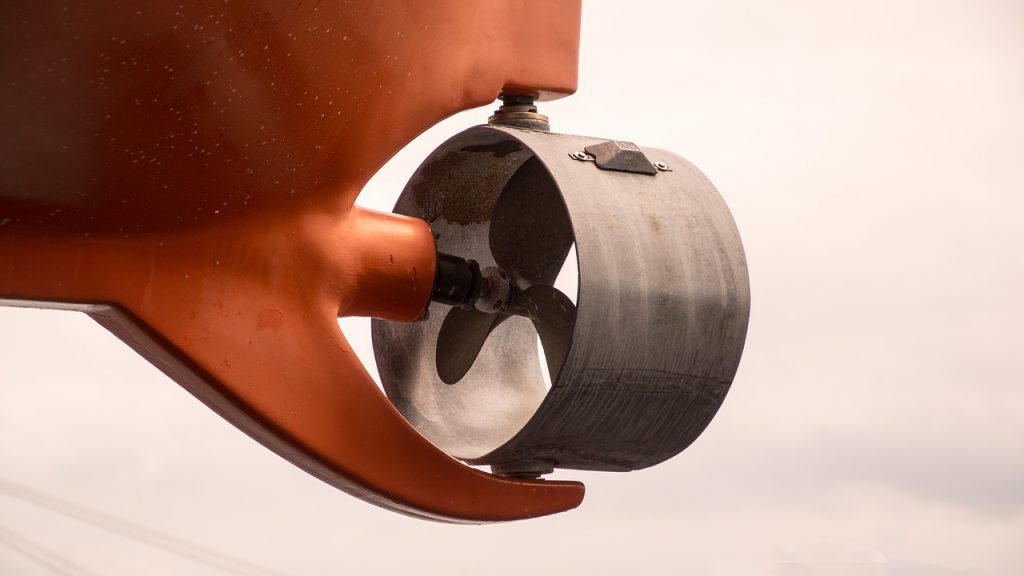This post is also available in:
In the review of a ship, one of the most important elements are the propellers. Today we are going to do a small exercise in naval and mechanical engineering to explain the different types of propellers and their uses. For this we will have the advice of V de Bravado, the boathouse of Premia de Mar.
But before differentiating the different types of propellers, our friends of V de Bravado explain that we must know a basic question of naval and mechanical engineering: the passage of a propeller.
What is the propeller pitch?
In naval and mechanical engineering, it is understood by the propeller pitch when it takes a full turn. Represents the distance the propeller advances when rotation occurs. Although it is somewhat uncertain given that water behaves differently than solids.
Understanding this concept of naval and mechanical engineering will help us, as you will see below, to better understand the different types of propellers.
Types of propellers
Continuing with questions of naval and mechanical engineering, we will describe the main four groups of propellers for boats. In view of its morphology, our friends of V de Bravado classify it as follows:
- Variable pitch propeller. Although they are not usually the most common, there are boats that need them because of their special characteristics. In this type of propellers, the passage can oscillate, reducing the pressure of the blades and avoiding cavitation.
- Fixed pitch propeller. They are the most used and popular for their excellent economic cost. They are also known as constant pitch propellers because in them “the step” referred to earlier is always the same. And they are used in most of the vessels that perform commercial functions.
- Controllable pitch propeller. As the name implies, in this type of propeller the pattern can adjust the pace to the circumstances of the navigation. This arbitrariness is a great advantage but makes them excessively expensive.
- Propeller with nozzle or fairing propeller. In this nautical propulsion system the propeller is inside a nozzle constructed of rigid material. It is a type of propeller that provides great efficiency at low speeds (less than 10 knots). That is why it is used in trawlers or tugs.
Levogyre and dextrogyre propeller
Finally, in V de Bravado they explain that we can also differentiate the propellers according to the direction in which they rotate. In this way, we call levogyre propellers which, to advance the vessel, turn counterclockwise. And we call dextrogyre propellers those who move along the clockwise direction.
Both types of propellers will make the boat navigate, so that its bow or stern falls to starboard or port, depending on the forces that impact on the propeller.
And you know that if you need a review of your boat you can trust V de Bravado, the Varadero de Premià de Mar and, possibly, the best boathouse in Catalonia.
